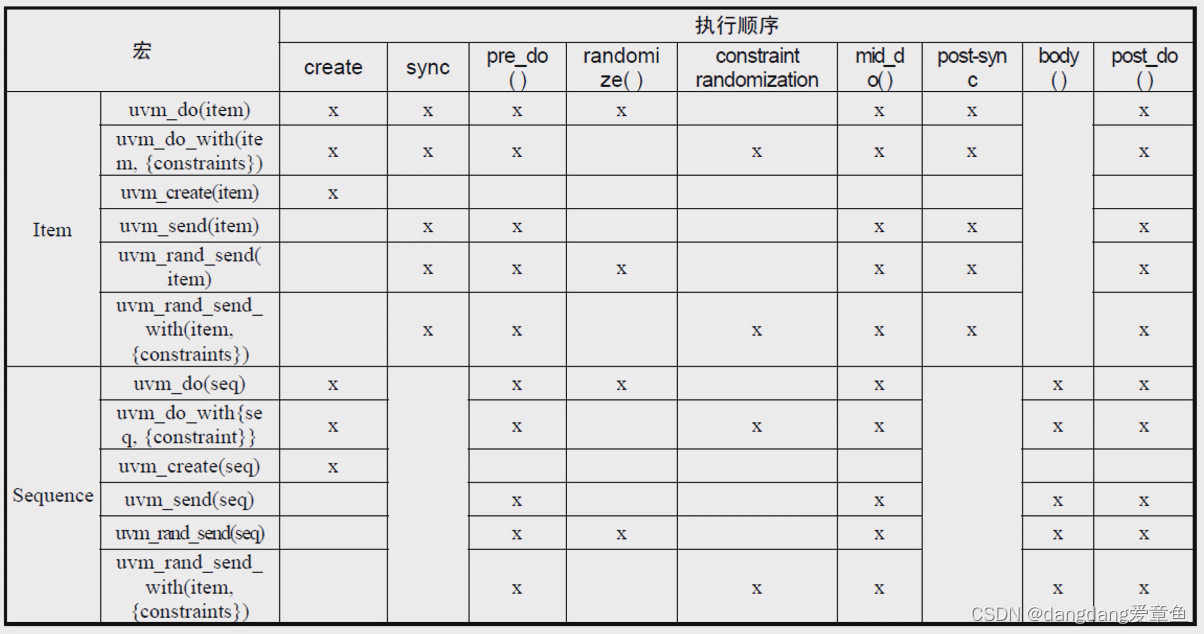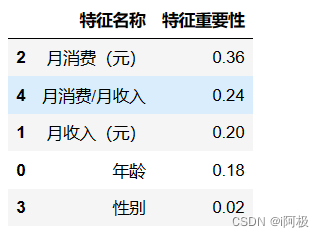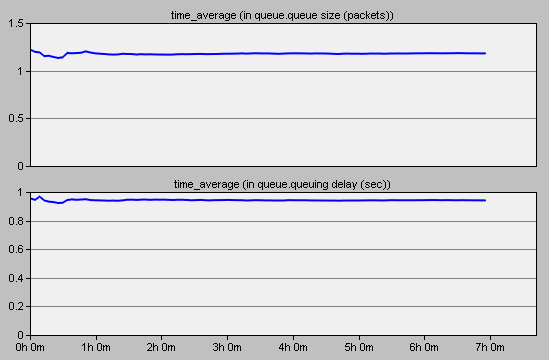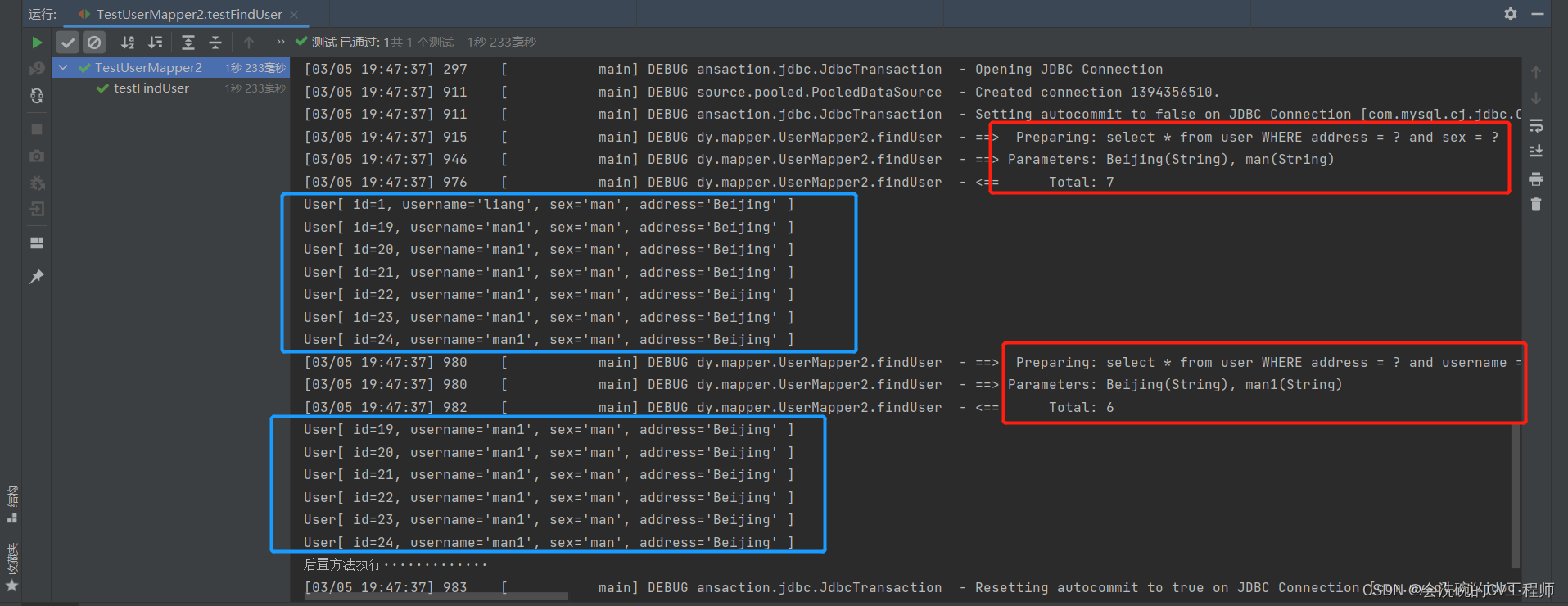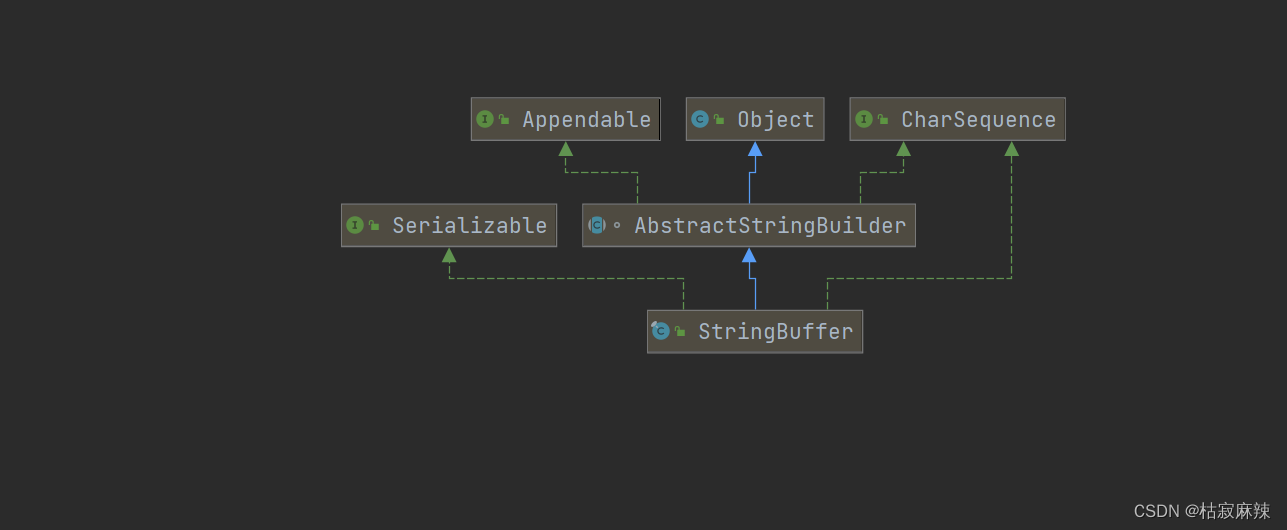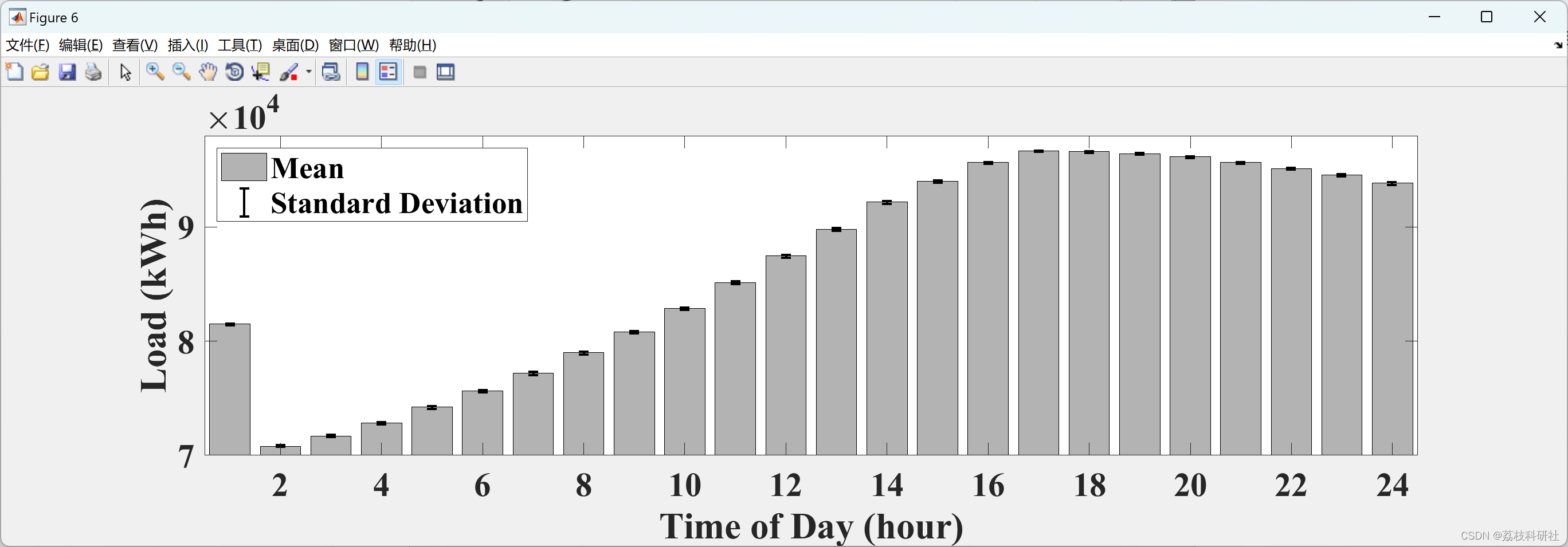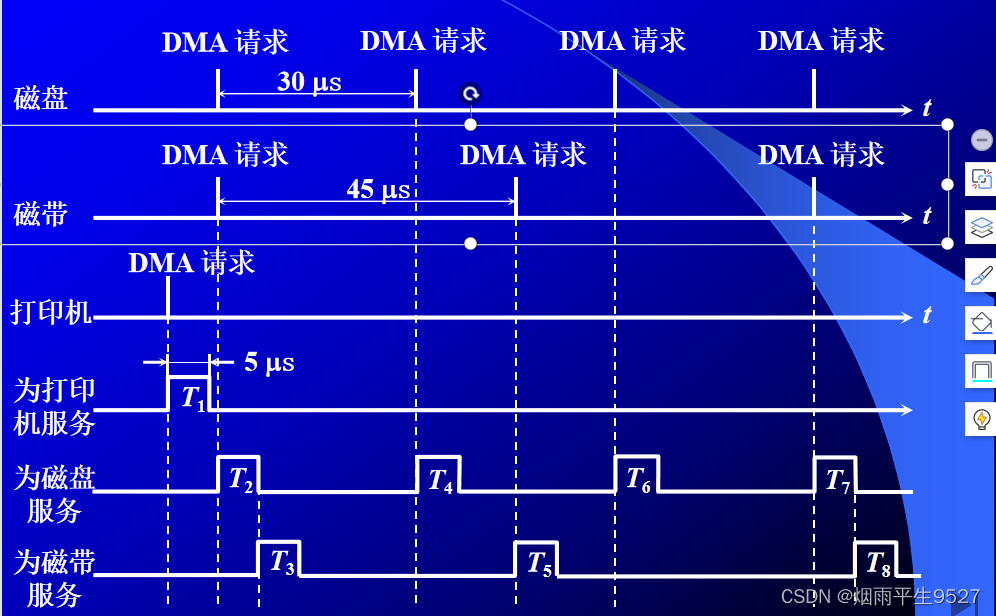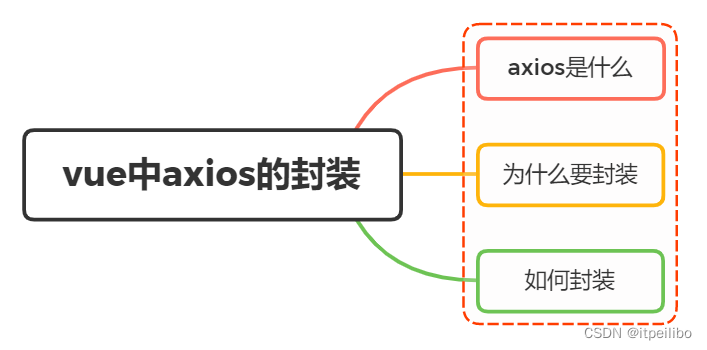文章目录
- 0.什么是C++
- 1.C++关键字
- 2.命名空间
- 导入
- 什么是命名空间
- 命名空间的使用
- 3.C++ 输入&输出
- 4.缺省参数
- 什么是缺省参数
- 缺省参数的应用场景
- 5.函数重载
0.什么是C++
C++是基于C语言而产生的,它既可以进行C语言的过程化程序设计,又可以进行以抽象数据类型为特点的基于对象的程序设计,还可以进行面向对象的程序设计。
1.C++关键字
| asm | do | if | return | try | continue |
|---|---|---|---|---|---|
| bool | dynamic_cast | int | signed | typeid | public |
| break | else | long | sizeof | typename | throw |
| case | enum | mutable | static | union | wchar_t |
| catch | explicit | namespace | static_cast | unsigned | default |
| char | export | new | struct | using | friend |
| class | extern | operator | switch | virtual | register |
| const | false | private | template | void | true |
| const_cast | float | protected | this | volatile | while |
| delete | goto | reinterpret_cast |
2.命名空间
导入
- 全局变量与局部变量冲突时,优先哪个?
- 局部变量 → 因为查找的顺序是:先在局部 ⇢ 再去全局
- [ (域) ]
::域作用限定符 ⇨ 在左边这个(域)里面查找变量,为空就是在全局找 - 为了解决变量名冲突的问题,命名空间应运而生
什么是命名空间
namespace (name){
……(在这里面定义变量)}
namespace关键字(name) ::→在名为 (name) 的域内查找变量(name中不要加空格)

正确使用示例:
namespace fantasy
{
int a = 13;
int l = 7;
struct MyStructRB
{
int* array;
int size;
}RB;
}
int main()
{
int sum = fantasy::a + fantasy::l;
fantasy::RB.size = 0;
fantasy::RB.array = nullptr;
return 0;
}
命名空间的使用
-
命名空间的 name 重名?
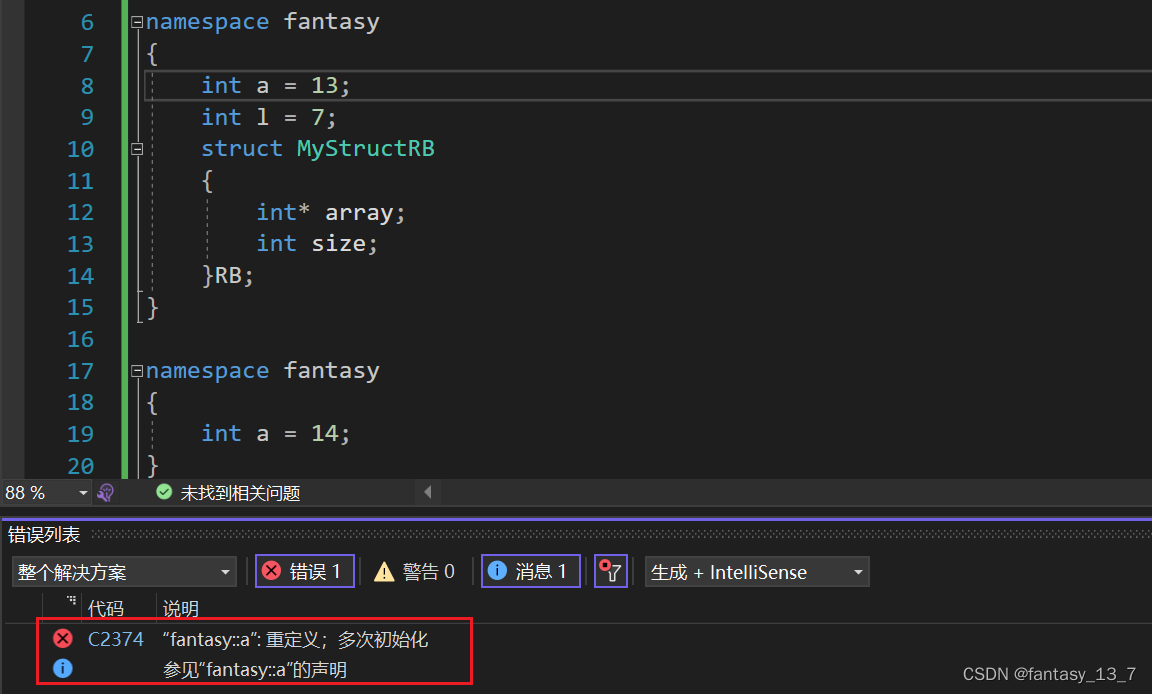
- 同样 name 的命名空间会被合并
-
命名空间可以嵌套
namespace fantasy
{
int a = 13;
int l = 7;
namespace RoundBottle
{
struct MyStructRB
{
int* array;
int size;
}RB;
}
}
int main()
{
fantasy::RoundBottle::RB.size = 0;
fantasy::RoundBottle::RB.array = nullptr;
return 0;
}
-
命名空间的三种使用方式
1.指定命名空间访问
2.全局展开(日常练习中可以,项目中一般不会用全局展开)
using namespace (name);
3.部分展开
using (name)::(命名空间的成员);
1.指定命名空间访问
namespace fantasy
{
struct MyStructRB
{
int* array;
int size;
}RB;
}
int main()
{
fantasy::RB.size = 0;
fantasy::RB.array = nullptr;
return 0;
}
2.全局展开(日常练习中可以,项目中一般不会用全局展开)
namespace fantasy
{
struct MyStructRB
{
int* array;
int size;
}RB;
}
//全局展开
using namespace fantasy;
int main()
{
RB.size = 0;
RB.array = nullptr;
return 0;
}
3.部分展开
namespace fantasy
{
struct MyStructRB
{
int* array;
int size;
}RB;
}
//部分展开
using fantasy::RB;
int main()
{
RB.size = 0;
RB.array = nullptr;
return 0;
}
3.C++ 输入&输出
- std:C++标准库
std是C++标准库的命名空间名,C++将标准库的定义实现都放到这个命名空间中
using namespace std;
- cout:输出👉
cout << 输出内容 << endl; - cin:输入
- endl 👉 换行符
- << 流插入运算符; >> 是流提取运算符。
#include <iostream>
using namespace std;
int main()
{
int num = 0;
// 可以自动识别变量的类型
cin >> num;
cout << num << endl;
return 0;
}

4.缺省参数
什么是缺省参数
缺省参数是声明或定义函数时为函数的参数指定一个缺省值。在调用该函数时,如果没有指定实参则采用该形参的缺省值,否则使用指定的实参。
示例:
- 缺省参数分为全缺省和部分缺省
//全缺省
int Add(int x = 1, int y = 2)
{
return x + y;
}
//部分缺省
int Sum(int x, int y, int z = 3)
{
return x + y + z;
}
- 缺省参数不能跳跃,必须从左往右连续使用
- 错误示例:
×错误的:
//部分缺省
int Sum(int x = 1, int y, int z = 3)
{
return x + y + z;
}
//or
int Sum(int x = 1, int y, int z)
{
return x + y + z;
}
👉默认实参不在形参列表的结尾
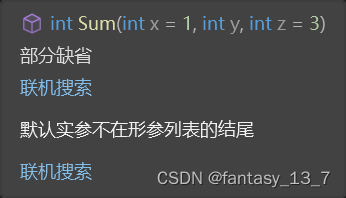
💭如果这个需要调用Sum函数,且只给 int y 传参 👉 Sum(2),这个数据2到底是传给x、y、·z中的哪一个就不得而知
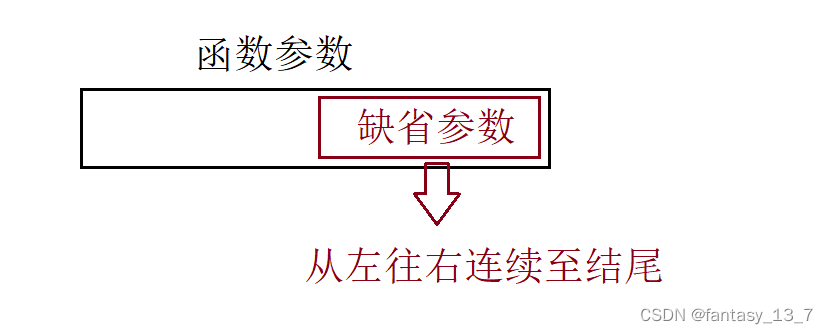
- 缺省参数不能在声明和定义中同时出现!👉推荐在声明的时候给缺省参数
//函数声明:
int Add(int x = 1, int y = 2);
int main()
{
//函数调用:
cout << Add() << endl;
return 0;
}
//函数定义:
int Add(int x = 1, int y = 2)
{
return x + y;
}

缺省参数的应用场景
(举例:栈的初始化)
C:
// 初始化栈
void StackInit(Stack* ps)
{
STDataType* tmp = (STDataType*)malloc(4 * sizeof(STDataType));
if (!tmp)
{
perror("malloc fail");
exit(-1);
}
ps->_a = tmp;
ps->_top = 0;
ps->_capacity = 4;
}
CPP:
// 初始化栈
void StackInit(Stack* ps, int initsize = 4)
{
int* tmp = (int*)malloc(initsize * sizeof(int));
if (!tmp)
{
perror("malloc fail");
exit(-1);
}
ps->_a = tmp;
ps->_top = 0;
ps->_capacity = initsize;
}
-
知道栈中最多存100个数据:
StackInit(&stack, 100);
-
不知道栈中最多存多少数据:
StackInit(&stack);
5.函数重载
C语言不允许同名函数名的存在 →(为了解决这个问题) C++函数重载
函数重载 → 在同一个命名空间,且函数名相同,参数不同 :
1.类型不同
2.个数不同
3.(类型的)顺序不同
1.参数类型不同:
void func(int x, int y)
{
cout << x + y << endl;
}
void func(char x, char y)
{
cout << x << y << endl;
}
int main()
{
func(1, 2);
func('a', 'b');
return 0;
}
output:
3
ab
2.参数个数不同:
void func(int x)
{
cout << x << endl;
}
void func(int x, int y)
{
cout << x + y << endl;
}
int main()
{
func(1, 2);
func(3);
return 0;
}
output:
3
3
3.(参数的类型)顺序不同
void func(char x, int y)
{
cout << x << y << endl;
}
void func(int x, char y)
{
cout << x << y << endl;
}
int main()
{
func('a', 13);
func(7, 'l');
return 0;
}
output:
a13
7l
-
仅返回值不同,能构成函数重载吗?
- 不能
-
函数重载是如何实现的?
- C++对函数名进行了修饰,不同平台下的修饰规格不同
- 能自动识别函数参数的类型 (会不会使运行速度变慢?👉不会,可能影响编译速度,但不影响运行速度)

